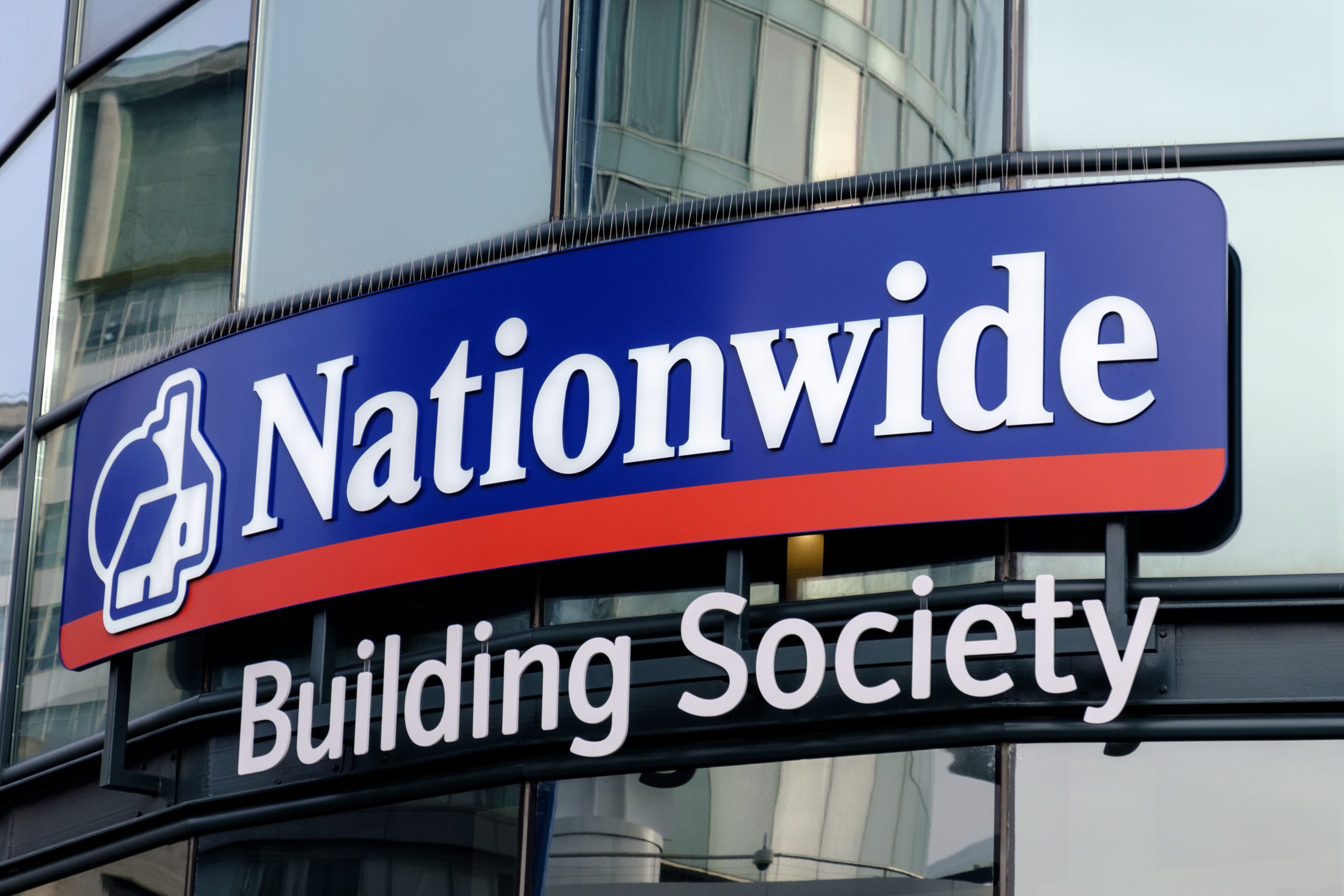Mortgages
Nationwide warns of increased risk of default

Nationwide Building Society said household finances are under greater strain which increases the risk of defaults.
The mutual said that although government support schemes and payment deferrals introduced amid the pandemic have now ended, arrears rates on the residential mortgage portfolios remain low.
However, it said that rising inflation, increasing interest rates, and increased National Insurance contributions “will place a greater strain on household finances, increasing the risk of default”.
It added that significant pressure will especially impact those on lower incomes who also accumulated fewer savings during Covid-related lockdowns.
Nationwide reported a “relatively small” increase in possessions to £19m (£13m in 2021) as activity which was put on hold early in the pandemic had resumed.
As at 4 April 2022, there were 1,924 (2,150 in 2021) mortgage accounts, including those in possession, where payments were more than 12 months in arrears. The total principal outstanding in these cases was £215m (£245m 2021), and the total value of arrears was £30m, up from £29m in the previous year.
Housing market activity to slow
As part of statements included in its results for the year ending 4 April 2022, Nationwide noted that housing market activity remained higher than pre-pandemic levels, with prices increasing at double digit annual rates so far in 2022 as demand outstripped supply.
It helped over 87,000 people buy their first home (one in seven of all first time buyers), but it warned: “Higher property prices and interest rates, together with steep increases in the cost of living, mean housing has become less affordable and we expect housing market activity to slow and the rate of house price growth to moderate in the coming quarters. There is a risk of a downward movement in house prices, given the pressure on household budgets.”
Turning to interest-only mortgages, the mutual said that while it engages regularly with borrowers to ensure the loan is redeemed or to agree a strategy for repayment, “there is a risk that a proportion of interest-only mortgages will not be redeemed at their contractual maturity date”.
It said this could be down to borrowers not having a means of capital repayments or because they have been unable to refinance the loan.
As at 4 April 2022, it had interest-only balances of £7.8bn (£8.7bn in 2021) which accounts for 5.1% of prime residential mortgages (down from 5.8% in 2021).
“The impact of recognising the risk of inability to refinance or repay at maturity is to increase provisions by £46m,” it said (£69m in 2021).
Current account switches
Nationwide’s current account market share reached a new high of 10.3% as its switch incentive of £125 saw it attract a record 604,000 new current account openings.
It said over the last five years, it has been “the number one net-gainer of current accounts, gaining nearly twice as many as our nearest competitor”.
The society added: “We saw good deposit growth and maintained our savings market share. We have continued to offer savers above average interest rates but, as the rates we can pay are influenced by volume of mortgage lending and the mortgage interest we earn, savings rates have been impacted by competition in the mortgage market.”
It reported deposit balance growth of £7.7bn (£10.6bn in 2021) to £178bn, up on £170bn in 2021 which represents growth in retail savings balances and current account credit balances of £4.7bn and £3bn respectively.
“This growth, across both savings and current account balances, was primarily driven by suppressed spending during the first half of the year as pandemic-related restrictions remained in place. Savings balance growth was further supported by strong 2021 ISA volumes, enabled by our competitive 2021 Member Exclusive Fixed Rate ISA product,” it said.
Kevin Parry, chairman of Nationwide, said: “Nationwide has emerged from two years of a pandemic with a thriving membership, strong profitability and enhanced financial strength, thanks to the sound decisions made by the Society’s leadership team. These strengths will stand the Society in good stead, as we transition to a new leadership team and respond to new geopolitical uncertainties.”
Underlying profit increased to £1.6bn, up from £790m in 2021 and statutory profit increased to £1.5bn from £853m in 2021.